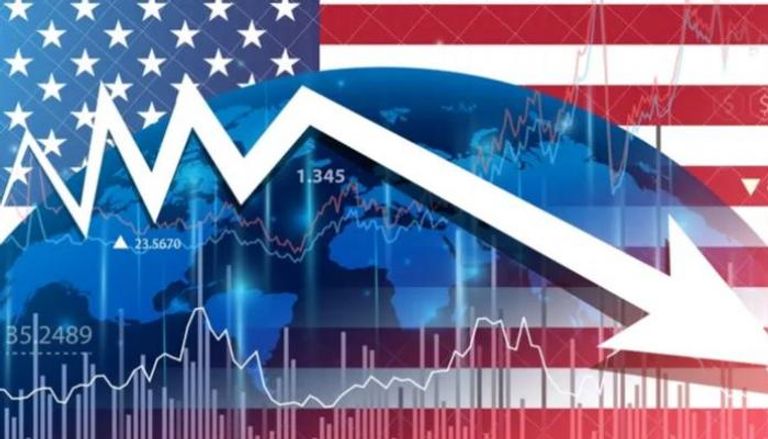United States Enters First Government Shutdown Since 2019 Amid Political Disputes
The United States has entered a new government shutdown, its first since 2019, after Congress failed to reach an agreement on passing a funding bill. This development reflects the depth of political division in Washington and raises concerns about its economic and administrative consequences.
Implications of the U.S. Government Shutdown on the Economy and Policy
This shutdown follows weeks of tough negotiations between Republicans and Democrats, which ended without a compromise to keep federal institutions funded, underscoring the extent of political polarization in Washington.
- Federal employees: Hundreds of thousands will be directly affected. Large numbers will be furloughed without pay until further notice, while others in essential sectors such as national security and healthcare will continue working—but without compensation.
- Short-term economic impact: Analysts expect limited immediate effects on the broader economy; however, operational consequences are expected to be significant, particularly due to disruptions to public services and delays in numerous government transactions.
- Economic data releases: One of the immediate outcomes is the suspension of key financial reports, including the closely watched Nonfarm Payrolls report due Friday, which is a critical gauge of labor market strength and guides the Federal Reserve’s monetary policy.
Economists warn that a prolonged shutdown could intensify uncertainty in financial markets, particularly amid ongoing debates over the future of interest rates and U.S. fiscal policy. The absence of fresh economic data would also weaken the Fed’s ability to make well-informed decisions in the coming period.
A Shadow Over Politics and the Global Economy
The return of a government shutdown once again casts a shadow over the political and economic scene in the United States at a critical juncture for the global economy. Rising partisan disputes and mutual blame over responsibility for the deadlock further highlight the fragility of political consensus in Washington.
The 2025 shutdown underscores not only the vulnerability of U.S. governance to partisan conflict but also the risks it poses—from halted public services to disrupted economic decision-making. If it drags on, its repercussions could weigh more heavily on market confidence and the global economy.

